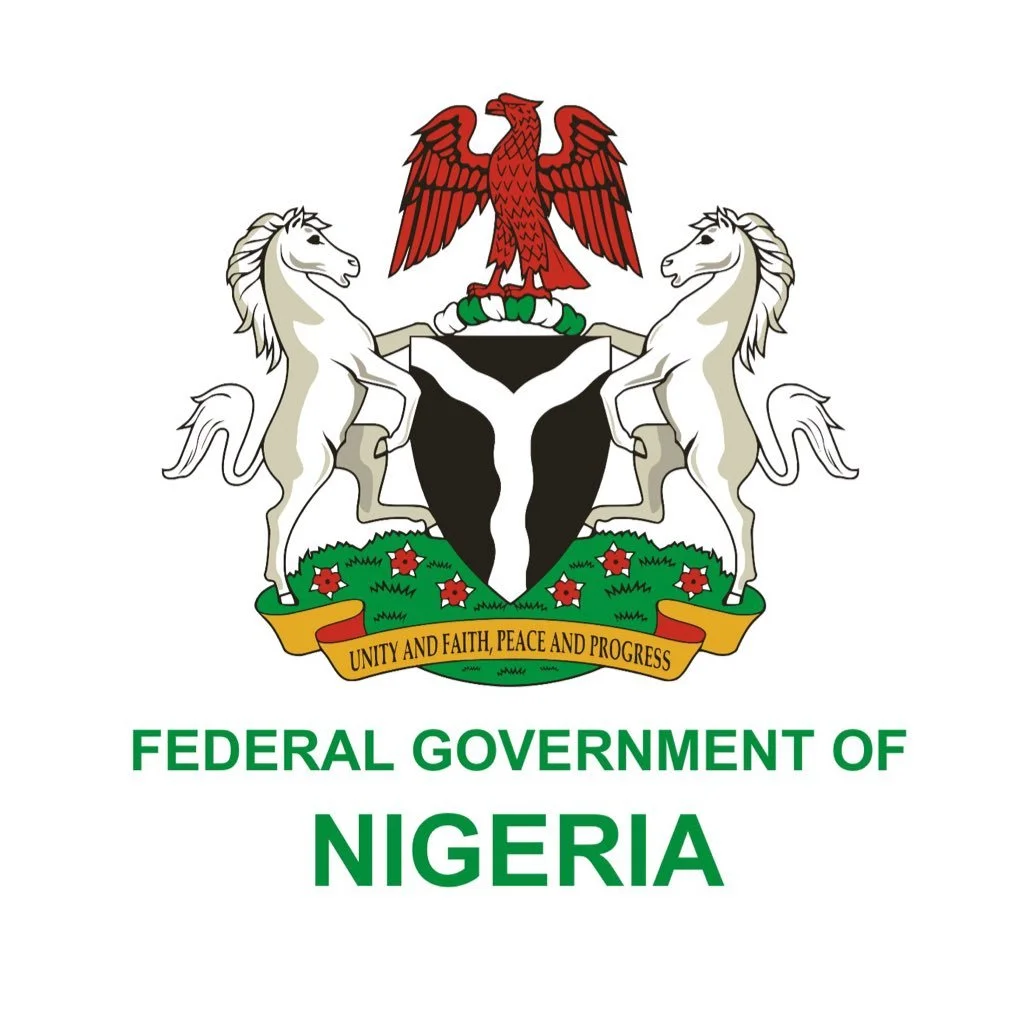
In response to the planned, organised labour strike scheduled to begin on Monday, the federal government has stated that it will worsen the financial hardships of the people.
Reacting on behalf of the government, Minister of State for Labour and Employment Nkeiruka Onyejoecha issued a warning that any new minimum wage must not result in widespread job losses, especially in the Organised Private Sector, which employs most of the country’s workforce.
She warned that the country and its citizens will not benefit from the strike, especially as talks are still in progress.
Remember that the Nigerian Labour Congress (NLC) and Trade Union Congress (TUC) decided to embark on strike on June 3 after the parties in the tripartite committee were unable to come to an agreement on a new national minimum wage.
“Going on strike in the middle of ongoing negotiations would not only compound the economic woes but also exacerbate the suffering of millions of Nigerians who are already struggling to eke out a living from their daily endeavors,” Onyejeocha said through her media aide, Emameh Gabriel.
She noted that the “government has consistently demonstrated commitment and goodwill throughout the negotiations with organised labour”.
The Labour Minister claimed that the government’s plans were thoughtfully formulated, embracing creative solutions while also accounting for the nation’s economic realities.
Among the measures she outlined was a complete package that would introduce CNG-fueled buses, raise the salary of government workers to N60,000, and improve financial access for Micro, Small, and Medium-Sized Enterprises (MSMEs).
She also claims that the government has promised to invest in a number of strategically important fields, including industry, education, healthcare, and agriculture, among many others that are already in the works.
“This sector is crucial to the country’s economic growth and stability. The government’s stance is rooted in a deep understanding of the negotiations, demonstrating its dedication to finding a balance between the needs of workers and the economic realities of the country. The goal is to establish a minimum wage that is not only realistic but also sustainable, avoiding any potentially detrimental consequences for the economy.
“By adopting this approach, the government aims to safeguard the interests of both workers and employers, ensuring that any agreement reached is mutually beneficial and does not jeopardise the country’s economic progress. This balanced stance is crucial for maintaining harmony in the workforce and driving national growth”, she explained.
Please don’t forget to “Allow the notification” so you will be the first to get our gist when we publish it.
Drop your comment in the section below, and don’t forget to share the post.








